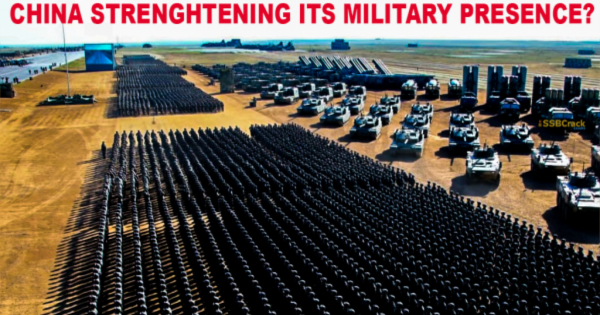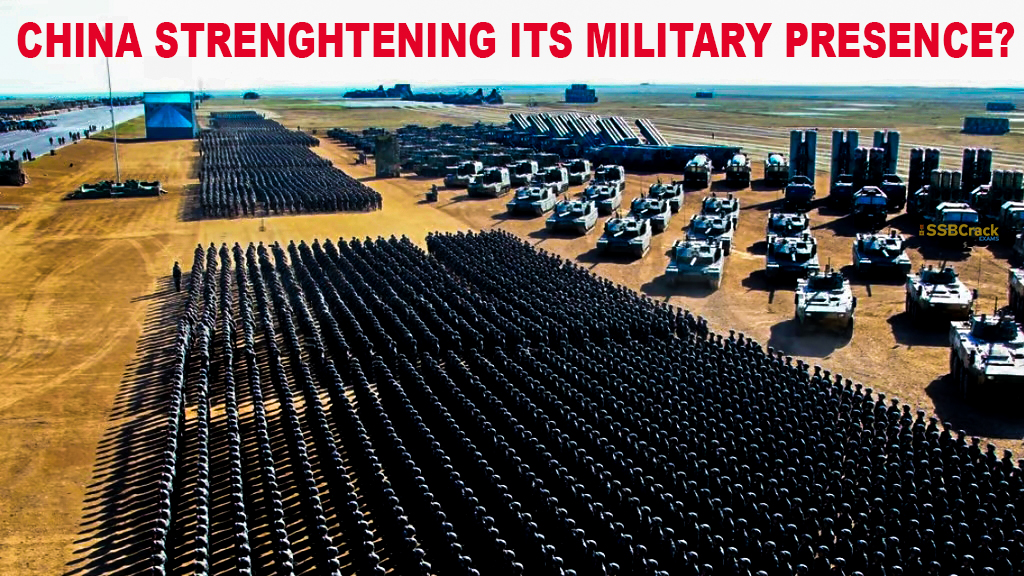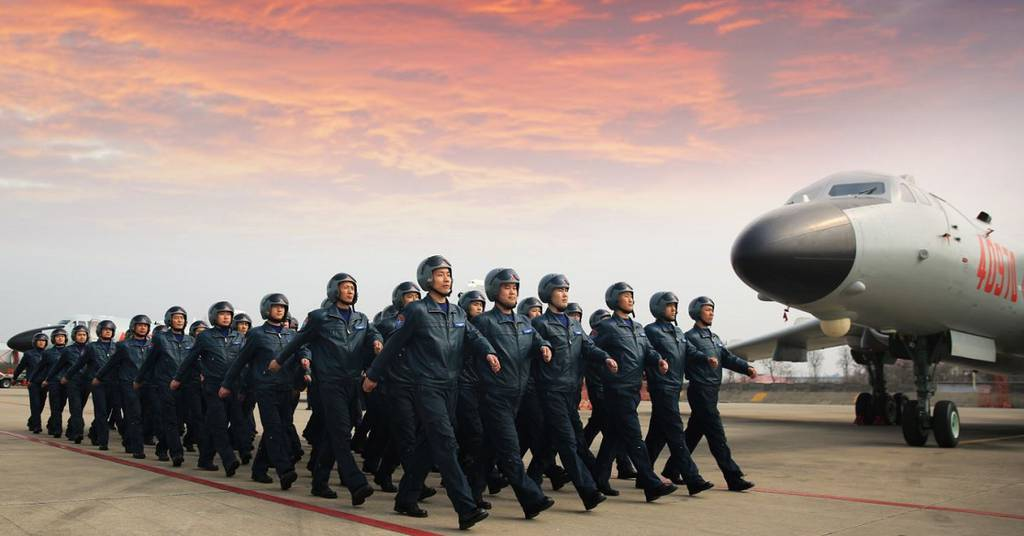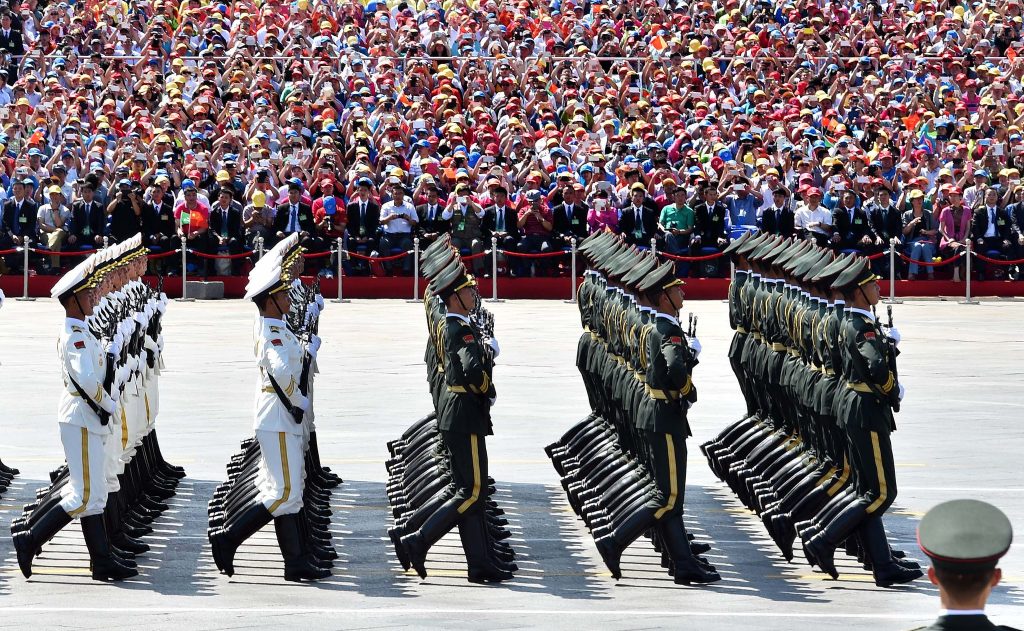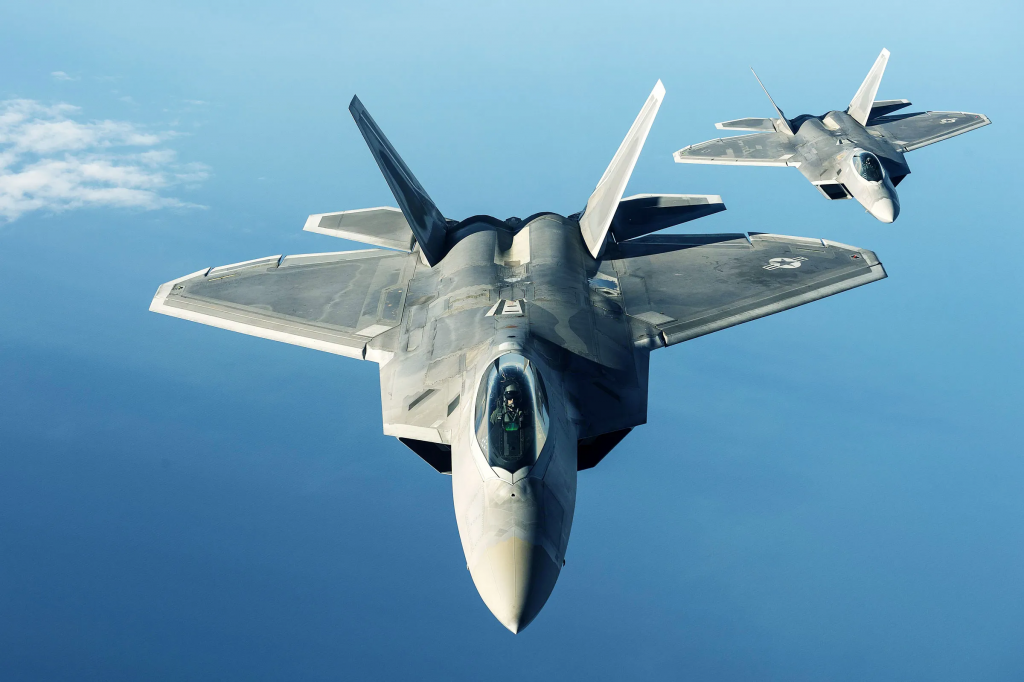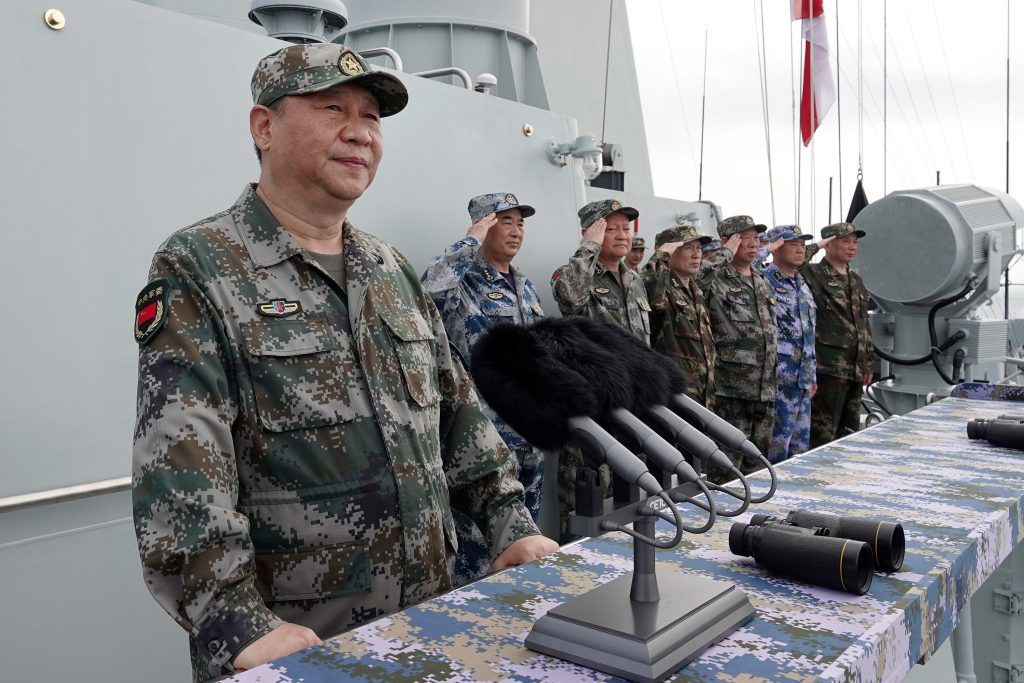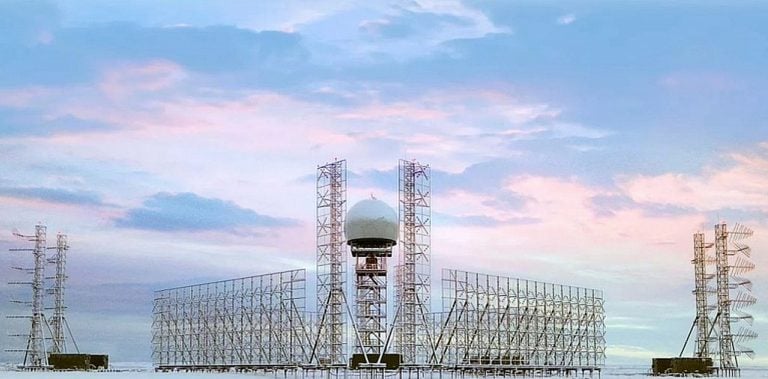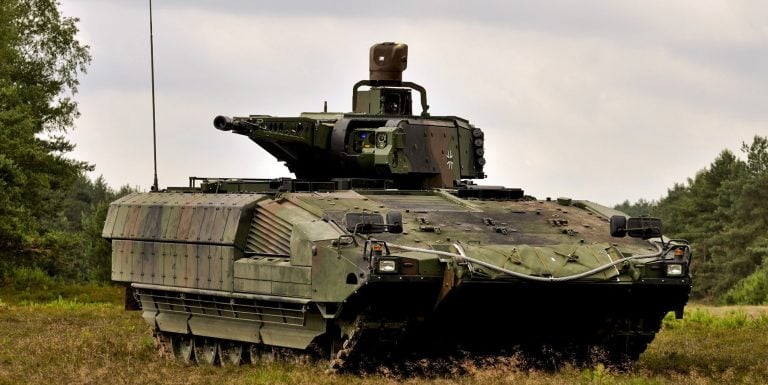There is widespread anxiety that China’s rapid military modernization could lead to war with the United States. This anxiety may result from an overestimation of the value of war readiness as a motivator for the upgrading of the People’s Liberation Army.
In reality, a multitude of political and security factors—many of which have nothing to do with the war—have influenced the modernization of the army. It would be advantageous for American interests to have a more comprehensive understanding of US-China competition, including the non-military elements that contribute to both countries’ military buildups.
Increase in the Chinese Defence Budget
Throughout the past few years, China’s military has grown significantly, in large part due to increased defence spending. From 2000 to 2016, China’s military spending increased by almost 10% annually before declining to 5-7% annually after that. China will spend $230 billion on defence in 2022, second only to the US, according to PRC government sources. The amount of resources allotted to the army is understated in the budget. The gap, according to Western experts, may amount to $60 billion annually.
Increasing defence spending has led to the emergence of a more potent and effective PLA. US officials have consistently issued warnings about the PLA’s rapid military development and the potential for military advantage to erode. US Air Force Maj. Gen. Cameron Holt stated that China was obtaining weapons at a rate that was “five or six times faster” than the US during his time in the service.
China Preparing for War
Some people view the mere presence of guns as cause for concern. The fast modernization is cited by some as unmistakable evidence that China is preparing for war with the United States. Admiral Philip Davidson, who oversaw the US Indo-Pacific Command at the time, issued a warning in March 2021 that China might attack Taiwan militarily in 2027. The head of naval operations, Admiral Michael Gilday, added that he could not completely rule out a Chinese invasion attempt as early as 2023.
Also read: The Rise In The Chinese Defence Budget: What Can India Do?
War readiness may be connected to the PLA expansion, but this is not the only rationale. The political and military objectives of modernizing the army do not always reflect the intention to start a war. Understanding the various motivations might make it easier for observers to judge the threat that the PLA’s modernization poses.
Reasons behind China’s Military Expansion
Basic security is the primary motivating factor behind the Chinese leadership’s desire for a strong military. History is crucial in this aspect since Chinese officials are fully aware of how previous dynasties fell when a feeble force permitted enemies to overthrow the empire. Down
Chinese authorities routinely invoke historical humiliations like the Opium Wars to caution their people against giving in to weakness. China’s need for a robust military is fundamentally motivated by the need to maintain a potent deterrent, despite having a sizable nuclear arsenal.
National Prestige
National prestige is an underappreciated factor. Like autocrats in other nations, China’s authorities view a strong army as a symbol of national prestige and a means of igniting national pride.
This helps to understand why the government seeks out status symbols like aircraft carriers. China frequently holds ostentatious military drills and parades, all of which receive extensive coverage in the Chinese media, to emphasize this point. The nation’s leader needs to develop a powerful army to advance politically. Xi Jinping’s expertise in managing the military contributes to some of his influence. This explains why he frequently appears in military garb or other related contexts.
Political Aspects
Another reason is to keep the military focused on its missions and to combat corruption and lethargy. Xi’s orders to stay focused on military tasks are part of a larger effort to improve the government’s overall modernization, competence, and effectiveness, which officials see as critical to achieving the country’s national revival goals.
In line with this overarching goal, Xi has frequently combined efforts to combat widespread corruption with calls for the military to improve combat readiness. This is another way of saying that the military needs to improve its performance.
Conclusion
To summarise, China’s military expansion is the result of a variety of political and security factors. This rise does not, by itself, indicate a proclivity for war. In fact, there is no evidence that China intends to attack Taiwan anytime soon. To better protect US interests, policymakers could take a more balanced view of China’s military expansion, considering the technological, economic, and diplomatic dimensions of US-China competition to be as important as or more important than the military dimension.
To crack the SSB Interview and join the Indian Army as an Officer, You can join our SSB interview live classes batch and we recommend you to Enroll SSB INTERVIEW ONLINE COURSE. Trusted by thousands of defence aspirants.
Also read:
- Indian Airforce Vs Chinese Airforce [Full Comparison]
- The Indian Navy And Chinese Navy [Full Comparison]
- China Vs Taiwan Military Power Comparison 2022
- Saga Of Chinese Spy Balloon In The American Airspace
- South China Sea Dispute: SSB Interview Topic [Fully Explained]
- Significance Of New Airstrip On Lakswadeep’s Minicoy In The Face Of China
- Myanmar Constructing Secret Spy Base Near Andaman & Nicobar Islands
